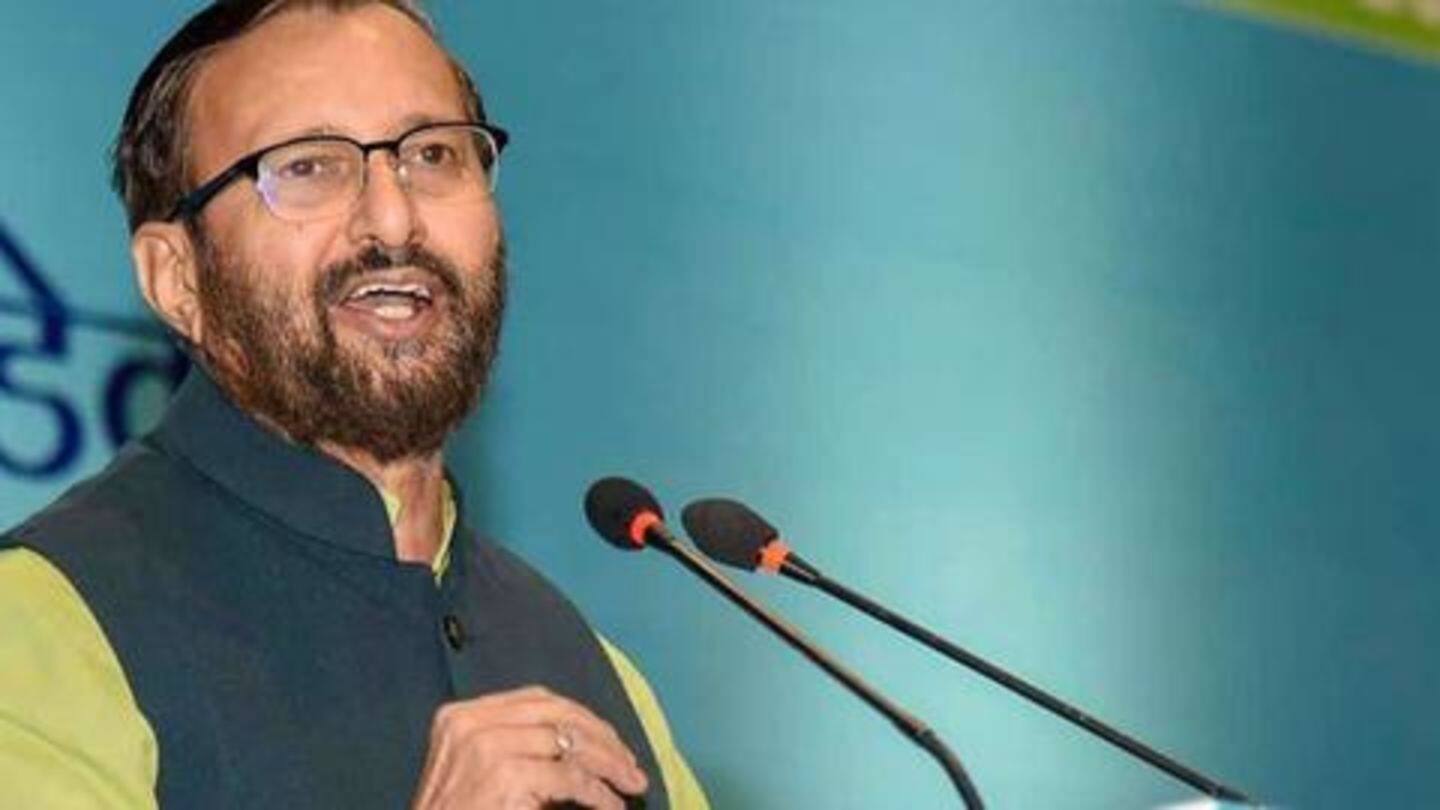
To enable quota for economically-weak, 25% hike in college seats
What's the story
Union Minister for Education Prakash Javadekar on Tuesday announced a 25% increase in seats across universities and colleges in the country to ensure the new caste-agnostic reservation doesn't affect the existing quotas. The changes will come into effect from 2019-2020 session, Javadekar said. However, the institutions have been asked to include details of reservation for economically weaker sections in their prospectuses immediately.
Plans
The decision was taken after high-level meeting
The decision, to facilitate students coming from economically weaker backgrounds, was taken in a meeting held with the University Grants Commission and the All India Council for Technical Education (AICTE) on Tuesday. The new quota system will be applicable to all universities (private and government-run) for higher education. To give a perspective, the country has nearly 40,000 colleges and 900 universities.
Quote
Javadekar explains how it will work
"The unreserved category is getting quota benefit for the first time. If 100 seats are being offered today, they will be 125 from now on to ensure that the existing quota is not affected," Javadekar said adding the institutes will get an operational mandate soon.
The law
After hours of debate, the bill was passed in Parliament
The new law ensures 10% reservation for EWS in government jobs and higher education. The bill was passed in Lok Sabha on January 9 after a long debate. In the Lower House, only 3 MPs voted against it. In the Rajya Sabha, the debate went on for eight hours after which the bill got approval. Last week, President Ram Nath Kovind signed the bill.
Eligibility
Who's eligible for this new quota?
People belonging to the general category and having less than Rs. 8 lakh annual income or less than 5 acres of land, will be eligible for this reservation. Notably, in states like Telangana and Tamil Nadu, people from general category make for less than 10% population. So, in these states, the law is likely to be tweaked.